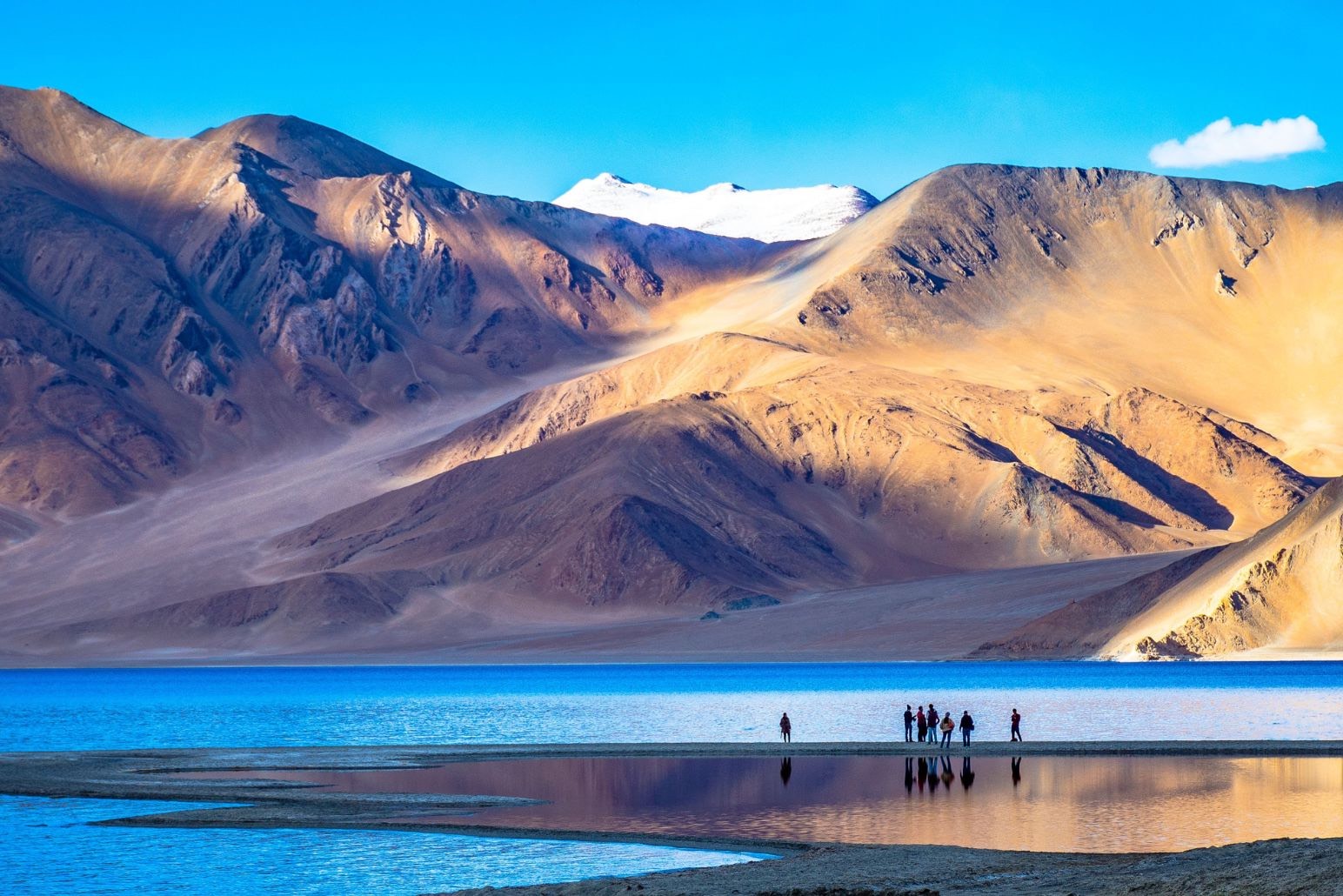About India
One of the oldest civilizations in the world, India with its unmatched diversity of cultures and languages is the world’s largest democracy and second-largest country by population. It is the 7th largest in terms of area.
It is a union consisting of 29 federal states and seven union territories, operating as a sovereign, socialist, secular, democratic republic with a parliamentary system of government.
India shares its territorial border with Afghanistan, Pakistan, China, Nepal, Bhutan & Bangladesh.
Apart from world-class facilities, India is also a perfect destination for leisure activities. From the world’s highest mountain peak to some of the best beaches, from dry deserts to lush green forests, from the timeless Taj Mahal to bustling cities, from backwaters to snow-peaked mountains India has it all. India is also home to a number of UNESCO World Heritage sites.
Key Facts
- Independence: 15th August 1947
- Capital: New Delhi
- Largest Cities: Mumbai (Bombay), Delhi, Kolkata (Calcutta), Chennai (Madras), Bangalore, Hyderabad, Ahmedabad, Pune, Surat, Kanpur, and Jaipur.
- Population: 132 billion
- Government Type: Federal Parliamentary Republic
- Language: There are at least 300 known languages in India, 24 of which have one million or more speakers. Hindi is the most widely spoken language. Besides Hindi, there are 14 other official languages. English enjoys the status of a subsidiary official language and is the most important language for national, government & commercial communication. India is the 2nd largest English-speaking country, after the USA.
- Health: The healthcare system in India is mainly governed by its states, which means that there could be differences in regulations across the country. It is subdivided into public and private healthcare. While the states administrate the public sector, private healthcare companies function separately. The quality and variety of healthcare services in private hospitals are very high and are similar to what expats would experience in their home countries. The competitive advantage of the Indian healthcare system has also been attracting medical tourists in large numbers, as well as those who are interested in alternative and ayurvedic medicine.
- Currency: Indian Rupee (INR)
- Time Zone: GMT – 5.30 hours
- Country Tel Code: +91
- Restricted/Protected areas: Certain parts of India are designated as “restricted/protected areas” by the Indian government and require special advance permission to visit. These areas include parts of Manipur, parts of Mizoram, part of Arunachal Pradesh, parts of Uttaranchal, Parts of Jammu & Kashmir, parts of Rajasthan, parts of Himachal Pradesh, parts of Ladakh, Sikkim, Nagaland, Andaman & Nicobar islands, Lakshadweep Islands
